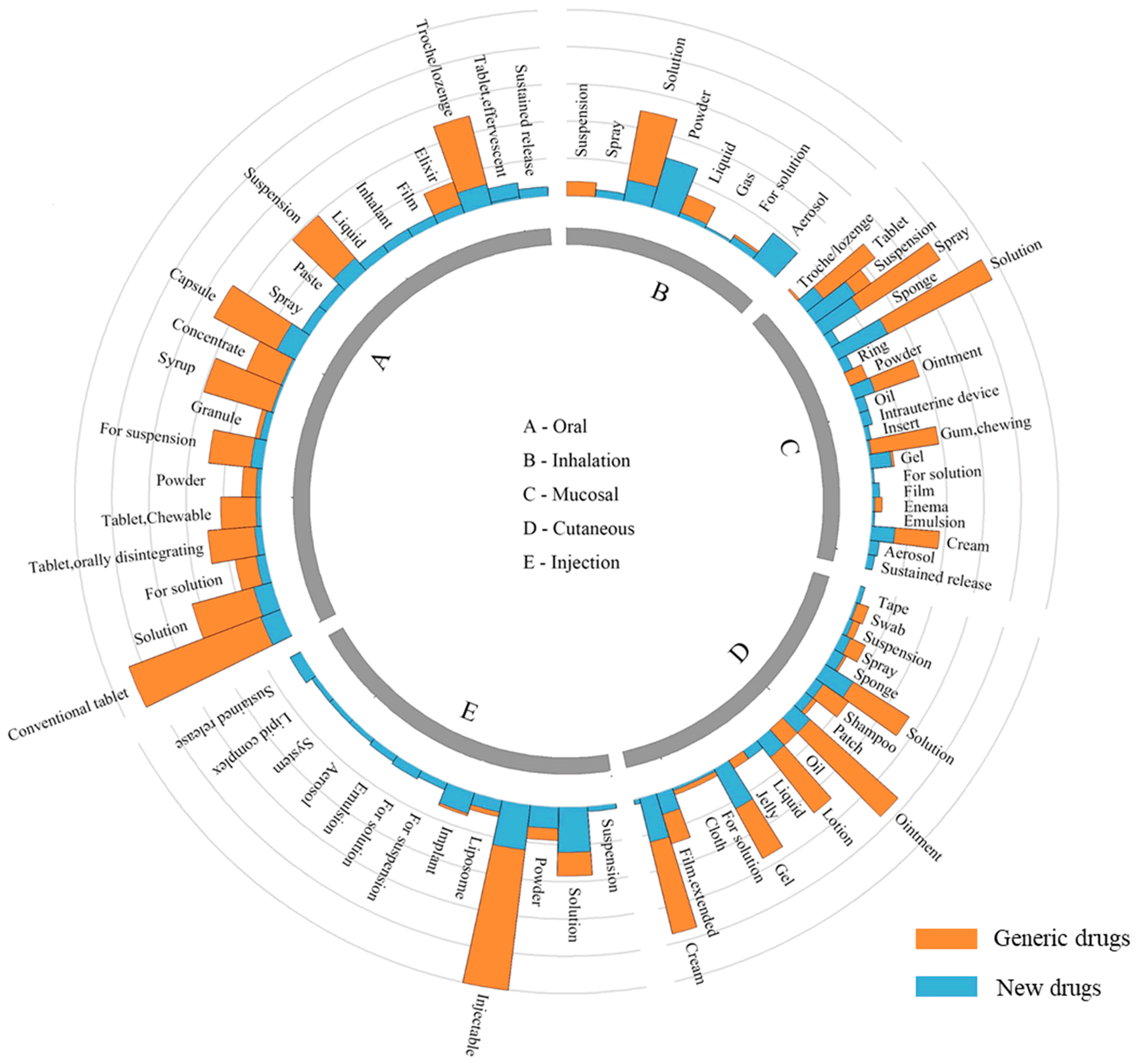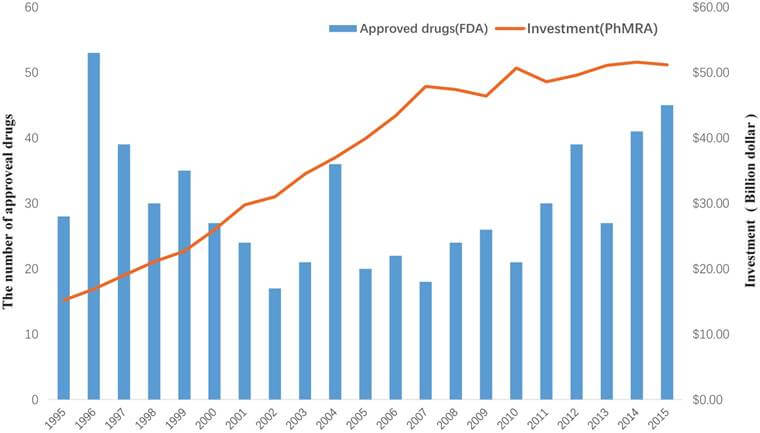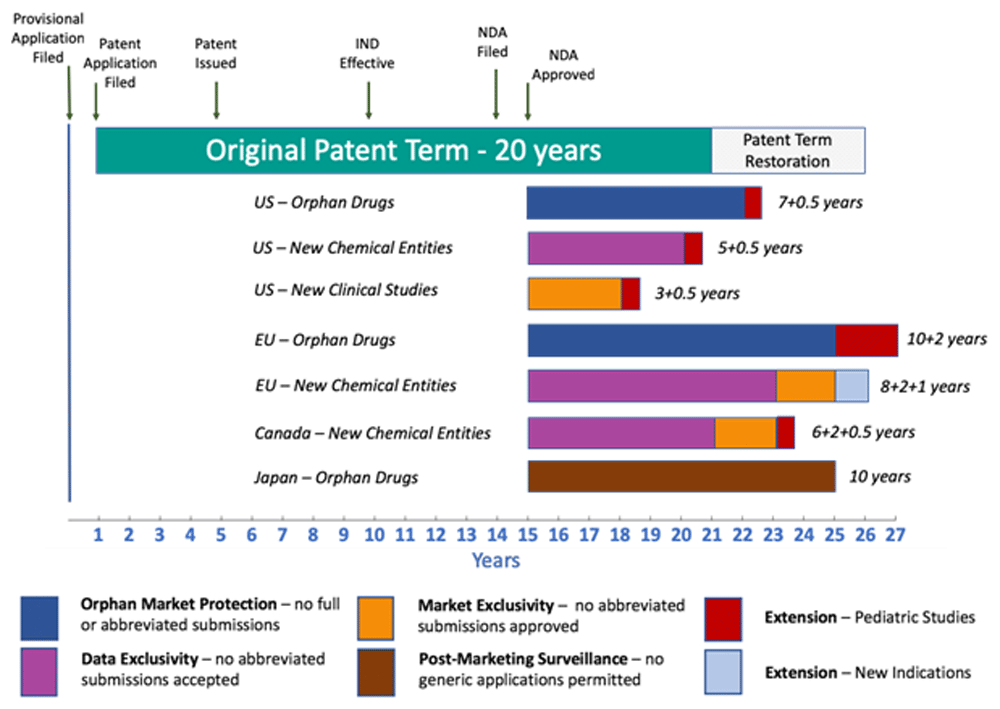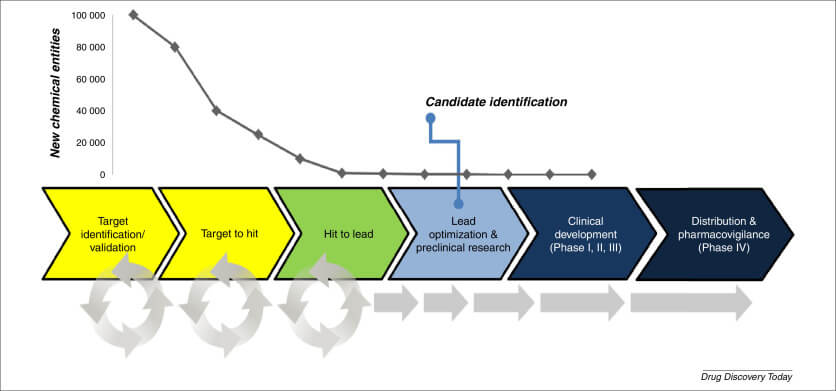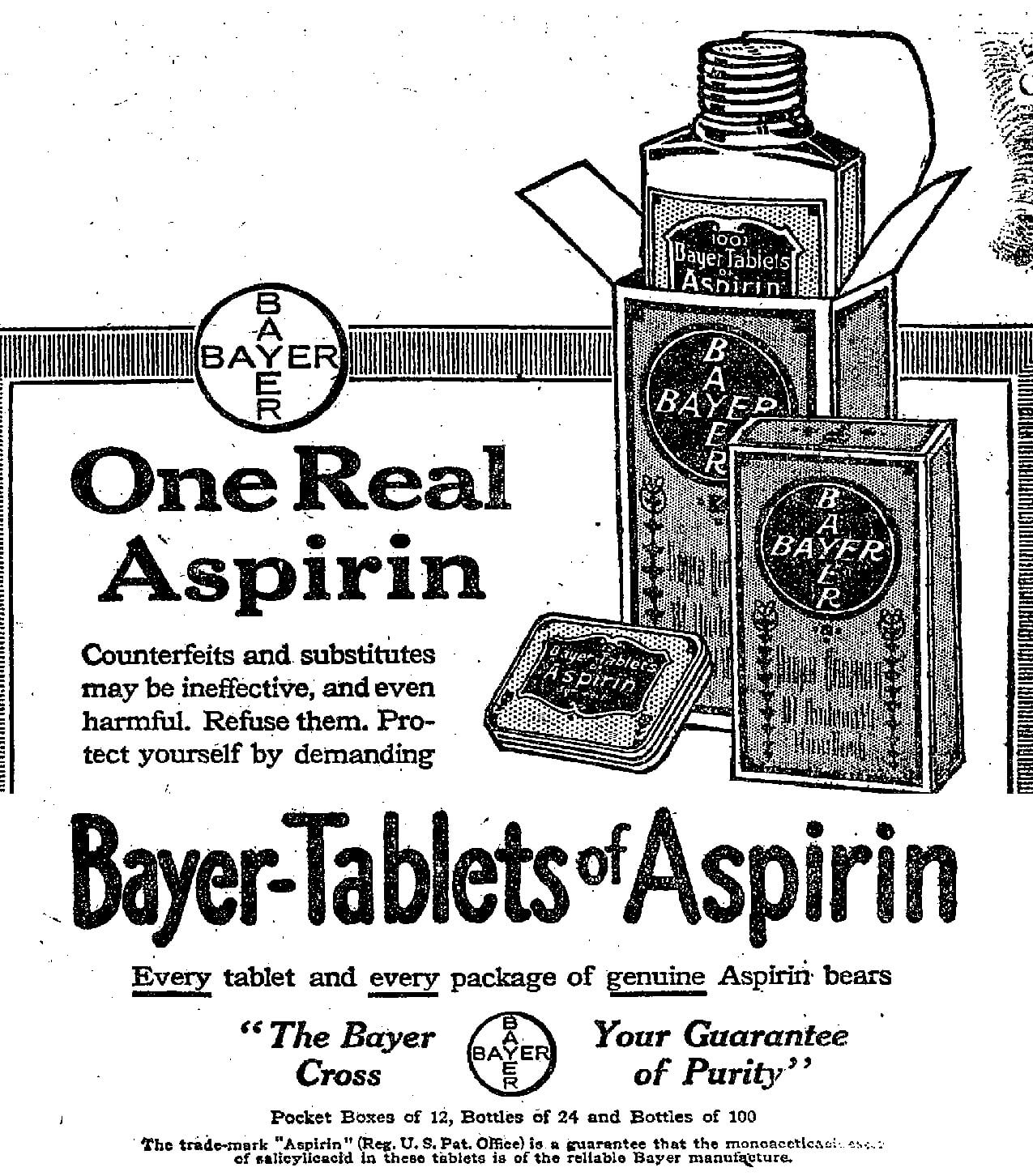The pharmaceutical industry is undergoing a significant shift towards digital transformation, and generic drug development is no exception. This transformation is driven by the need to improve efficiency, reduce costs, and enhance patient care. In this article, we will explore the benefits of digital transformation in generic drug development and how it can revolutionize the industry.
The Current State of Generic Drug Development
Generic drug development is a complex and time-consuming process involving multiple stakeholders, including researchers, clinicians, and regulatory bodies. The traditional approach to drug development relies heavily on manual processes, which can lead to inefficiencies, delays, and increased costs. The industry faces significant challenges, including:
- Inefficient data management: Manual data collection and analysis lead to errors, inconsistencies, and delays.
- Lengthy clinical trials: Clinical trials are often slow and expensive, resulting in delayed market entry for new drugs.
- High costs: The cost of drug development is increasing, making it challenging for companies to remain competitive.
The Role of Digital Transformation in Generic Drug Development
Digital transformation offers a solution to these challenges by leveraging innovative technologies, such as artificial intelligence (AI), machine learning (ML), and data analytics. These technologies can streamline the drug development process, improve efficiency, and reduce costs. Some key benefits of digital transformation in generic drug development include:
1. Enhanced Data Management
Digital transformation enables the use of advanced data analytics and AI to manage and analyze large datasets more efficiently. This leads to:
- Improved data quality: Automated data collection and analysis reduce errors and inconsistencies.
- Faster data analysis: Advanced algorithms can analyze data quickly, reducing the time spent on data analysis.
- Better decision-making: Data-driven insights enable informed decisions, reducing the risk of costly mistakes.
2. Accelerated Clinical Trials
Digital transformation can significantly reduce the time and cost of clinical trials by:
- Streamlining patient recruitment: Digital platforms can quickly identify and recruit suitable patients, reducing delays.
- Optimizing trial design: AI can help design more efficient trials, reducing the number of patients required and the duration of the trial.
- Real-time data monitoring: Digital platforms enable real-time monitoring of trial data, allowing for swift identification and resolution of issues.
3. Cost Reduction
Digital transformation can help reduce the cost of drug development by:
- Reducing manual labor: Automated processes minimize the need for manual intervention, reducing labor costs.
- Optimizing resource allocation: AI can help allocate resources more efficiently, reducing waste and improving productivity.
- Improving supply chain management: Digital platforms can optimize supply chain operations, reducing costs and improving efficiency.
4. Enhanced Patient Care
Digital transformation can improve patient care by:
- Personalized medicine: AI can help develop personalized treatment plans tailored to individual patients.
- Real-time monitoring: Digital platforms enable real-time monitoring of patient data, allowing for swift intervention in case of adverse reactions.
- Improved patient engagement: Digital platforms can enhance patient engagement, improving adherence to treatment plans and overall health outcomes.
Industry Expert Insights
Industry experts emphasize the importance of digital transformation in generic drug development:
“Digital transformation is critical for the pharmaceutical industry to remain competitive. It enables companies to streamline processes, reduce costs, and improve patient care.”
– Luca A. Finelli, Novartis International AG
“The use of GenAI in drug discovery can significantly reduce costs and timelines, making it an essential tool for the industry.”
– EY-Parthenon
Conclusion
Digital transformation is revolutionizing the generic drug development process by improving efficiency, reducing costs, and enhancing patient care. By leveraging innovative technologies, companies can streamline data management, accelerate clinical trials, reduce costs, and improve patient outcomes. As the industry continues to evolve, embracing digital transformation will be crucial for companies to remain competitive and deliver high-quality, affordable drugs to patients.
References
- Vaimo. (2022, September 6). Digital Transformation in the Pharmaceutical Industry. Retrieved from https://www.vaimo.com/blog/pharma-digital-transformation/
- Pharmaphorum. (2023, July 21). Digital transformation in pharma: The importance of digitalisation. Retrieved from https://pharmaphorum.com/digital/digital-transformation-pharma-importance-digitalisation
- L.E.K. Consulting. (2023, September 28). Digital Transformation in the Pharmaceutical Industry. Retrieved from https://www.lek.com/insights/hea/eu/ar/digital-transformation-pharmaceutical-industry
- Finelli, L. A., & Narasimhan, V. (n.d.). Leading a Digital Transformation in the Pharmaceutical Industry. Retrieved from https://www.ncbi.nlm.nih.gov/pmc/articles/PMC7540662/
- EY-Parthenon. (n.d.). How pharma can benefit from using GenAI in drug discovery. Retrieved from https://www.ey.com/en_us/insights/life-sciences/how-pharma-can-benefit-from-using-genai-in-drug-discovery









